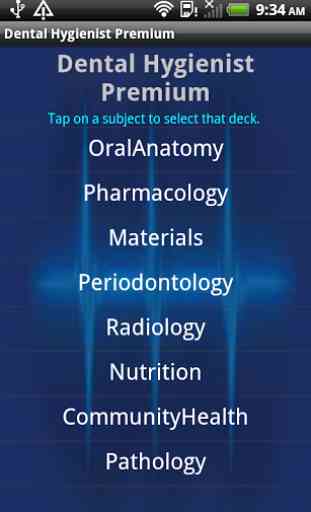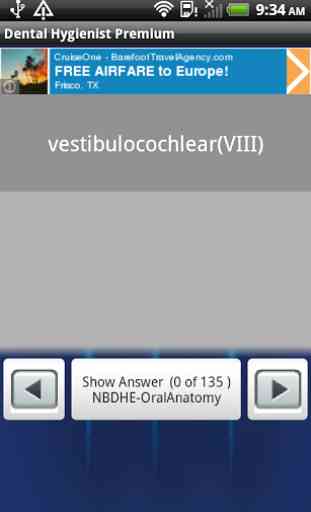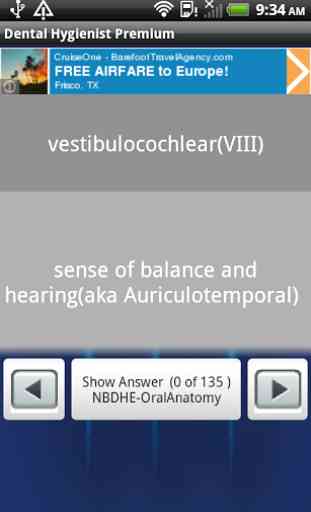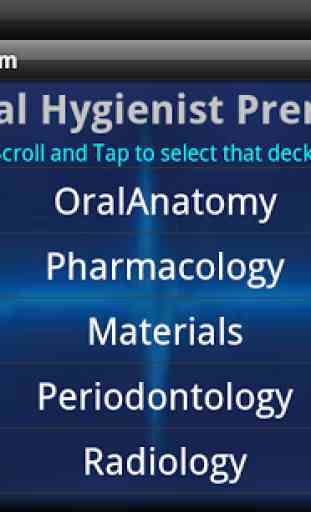Dental Hygienist Premium
When you become a licensed dental hygienist you join the ranks of other licensed health care professionals such as nurses, physical therapists, dentists, physicians and dieticians. Licensure is the strongest form of regulation used today. In accordance with state law, licensed individuals are the only persons who meet the minimum qualifications necessary to practice their profession.
Foreign-trained professionals must obtain a license to practice in the U.S. To obtain your license you must be a graduate of an accredited U.S. dental hygiene program, take the National Board Dental Hygiene Examination and pass a state or regional clinical licensure exam.
The purposeLicensure is a means of protecting the public from unqualified individuals and unsafe practice. In fact, in addition to initial graduation and testing, states require dental hygienists to complete continuing education courses to renew their license.
The processLicensure is granted by each individual state. Dental hygienists practice in accordance with requirements of individual state dental practice acts.
In virtually every state, several steps are required before a license can be granted:
Graduation from an accredited dental hygiene programSuccessful completion of the written National Board Dental Hygiene ExaminationSuccessful completion of a regional or state clinical board examinationOnce these steps have been completed, an applicant for licensure must then contact the state licensing authority in the state where he/she wishes to practice. As licensing requirements vary from state to state, it is necessary to contact each licensing authority in a given state for its specific application requirements and procedures.
Decks included:
Oral AnatomyPharmacologyRadiologyNutritionPeriodontologyCommunity HealthMaterialsPathology
Foreign-trained professionals must obtain a license to practice in the U.S. To obtain your license you must be a graduate of an accredited U.S. dental hygiene program, take the National Board Dental Hygiene Examination and pass a state or regional clinical licensure exam.
The purposeLicensure is a means of protecting the public from unqualified individuals and unsafe practice. In fact, in addition to initial graduation and testing, states require dental hygienists to complete continuing education courses to renew their license.
The processLicensure is granted by each individual state. Dental hygienists practice in accordance with requirements of individual state dental practice acts.
In virtually every state, several steps are required before a license can be granted:
Graduation from an accredited dental hygiene programSuccessful completion of the written National Board Dental Hygiene ExaminationSuccessful completion of a regional or state clinical board examinationOnce these steps have been completed, an applicant for licensure must then contact the state licensing authority in the state where he/she wishes to practice. As licensing requirements vary from state to state, it is necessary to contact each licensing authority in a given state for its specific application requirements and procedures.
Decks included:
Oral AnatomyPharmacologyRadiologyNutritionPeriodontologyCommunity HealthMaterialsPathology
Category : Medical

Related searches




